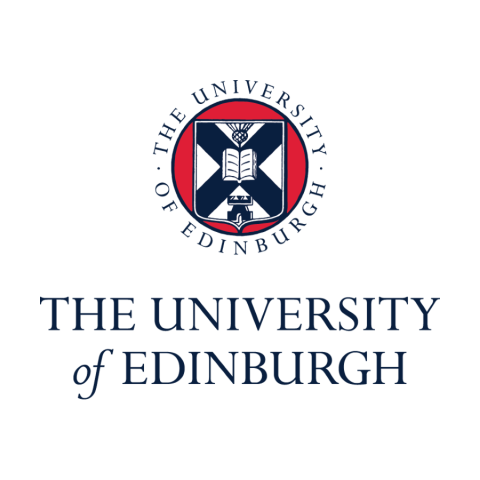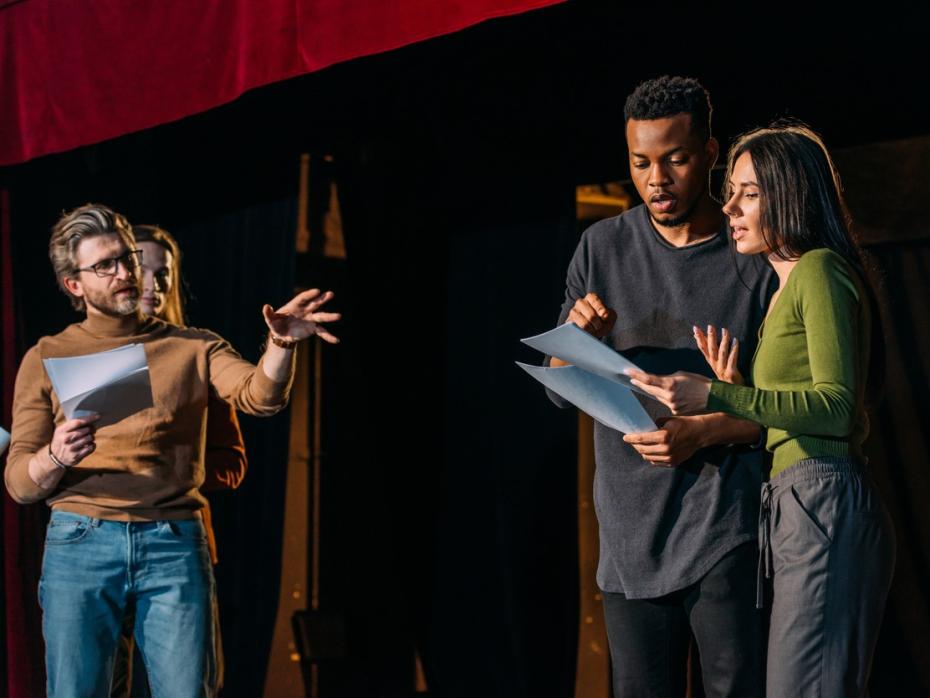
Bringing in alumni as guest tutors to teach and inspire students
Students benefit greatly from teaching that is augmented by guest lecturers or tutors. Such guest interactions can fill specific expertise gaps in teaching and diversify content. Introducing guest content into courses can also be stimulating and provide authentic learning, promoting student engagement.
Multiple modes exist to incorporate guest lecturers into programmes, such as speakers from other university departments or external organisations. Similarly, there are multiple ways to integrate guest content into individual courses.
- Outside in: use your students’ curiosity to invigorate your teaching
- Using vicarious experiences online to engage and motivate students
- How professional practitioners help connect crime theory with real-world investigations
Here, we provide examples from a long-running online master’s programme on biodiversity, wildlife and ecosystem health where we have successfully incorporated alumni as guest tutors. The programme has been running for 12 years, generating a diverse alumni community. We draw on this pool of expertise to enhance the learning of our students through a range of remunerated guest-tutoring formats:
- Co-course organisers. These are experienced tutors with whom the teaching team work closely and have developed long-term relationships. They are typically responsible for providing core course content and some assessments, as well as interacting with students. We use this format in a limited way, specifically to fill gaps in expertise within the teaching team (eg, marine knowledge).
- Course content. Tutors provide subject-specific course content for a specific week. This content can be either core or additional materials, and the tutors have a choice whether to engage interactively with the students – for example, a case study and participation in a related discussion board – or to provide content and case studies that form the basis of assignments without engagement. We use this format in its various configurations across several of our courses.
- Practitioners advice. In a more informal format, tutors provide non-core content (such as blogs or videos) about their career experience in a specific area, with the option to participate in a Q&A discussion board. We use this format in a small number of courses.
- Summer school. We invite alumni to guest lecture at our in-person summer school, typically focusing on their career experiences. The tutor will also engage with students during the summer school week.
We also invite alumni to contribute to our programme through informal activities that are not paid tutor roles:
- Dissertation year. We invite a small number of students who have graduated from the previous year to provide tips for surviving the dissertation to current students. They typically engage in a Q&A discussion board over a week to share their experiences and practical advice about balancing study, and home and work lives.
- Alumni testimonials. Alumni provide testimonials about their experiences on the programme and how it has impacted their life, providing a non-interactive opportunity for current and potential students to be inspired.
These activities augment teaching by enriching the student experience and providing specialist subject knowledge, practitioner advice and networking opportunities. While our teaching team has a wide range of expertise across multiple disciplines and geographic areas, any small team will have gaps in specialist knowledge and represent fewer voices than the students.
An important factor in our success is how we choose and interact with alumni tutors. We focus on filling subject-specific gaps in our teaching team and engaging a broad range of practitioners. As an interdisciplinary programme, we choose alumni tutors to provide real-world, applied examples. And by drawing on alumni from across our global community, we expose our students to an increased diversity of backgrounds. Indeed, evidence suggests that students learn most from those with similar experiences, and thus representation matters.
In practical terms our teaching team works closely with alumni tutors, defining clear expectations about the format of their engagement, sharing relevant course content and providing feedback on their content and supporting them during their participation on courses. We also prepare students at the start of a course by introducing the guest tutor, informing the students of the format of their involvement and encouraging them to interact with the tutors.
Aside from academic content, our guest tutors are voices of inspiration for students. Students are motivated by the alumni’s shared experiences of completing the programme, of overcoming the challenges of part-time study and of building their careers. The networking opportunities between current and past students strengthens the alumni community.
An advantage of being an online programme is that we can involve alumni based around the world. The typical profile of our tutors is someone who not only performed well academically while on the programme but was motivated and engaged in our community. Importantly, our alumni are keen to give back to our programme, and engaging our alumni in tutoring extends the capacity building that is ingrained in our programme ethos.
Ellie Devenish-Nelson is a teaching fellow and Sharron Ogle is programme director, both for the MSc in Biodiversity, Wildlife and Ecosystem Health in the department of biomedical sciences at the University of Edinburgh.
If you would like advice and insight from academics and university staff delivered direct to your inbox each week, sign up for the Campus newsletter.




